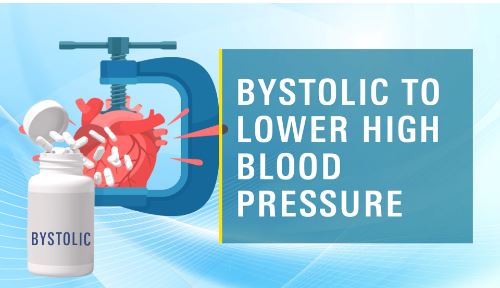Bystolic (Nebivolol) is a medication used to treat hypertension or high blood pressure. It belongs to a group of drugs called beta blockers, which work by blocking the action of some specific natural substances in your heart and blood vessels, such as epinephrine.
The effect of this drug reduces strain on the heart and lowers blood pressure and heart rate. This may help lower your risk of heart attack or stroke, and aside from lowering blood pressure, this medication may also be used for other purposes.
Dosage
Take Bystolic as prescribed by your doctor; do not take it more or less than recommended, and follow the directions on your prescription label.
Ensure you take the medication at the same time every day, but you can take it with or without food. Also, your blood pressure will need frequent monitoring, and if you need surgery, ensure you notify your doctor ahead of time that you are using Bystolic.
Do not stop taking the medication without first consulting your doctor, and note that Bystolic is only part of a treatment program that includes exercise, diet and weight control, so while using the drug, follow the other routines very closely.
Side Effects of Bystolic
The side effects of Bystolic can include allergic reactions like difficulty breathing, hives, and swollen lips, face, throat or tongue. Get emergency help if you notice any of these signs.
Some of the other side effects of Bystolic include:
- Headache.
- Rapid weight gain.
- Light-headedness.
- Uneven or slow heartbeats.
- Dizziness.
- Shortness of breath.
- Swelling in your legs.
- Numbness or cold feeling in your hands and feet.
- Tiredness.
Precautions
If you have diabetes, bystolic may make it difficult to control your blood sugar, and it may also hide some symptoms of low blood sugar, like a fast pounding heartbeat. So, when taking the medication, you need to monitor your blood sugar adequately.
Tell your doctor if you are allergic to the drug or any of its active ingredients; also, before taking the drug, tell your doctor about your medical history, especially those related to heart problems.
In addition, the medication can make you dizzy, so do not drive or operate machines after taking it.



